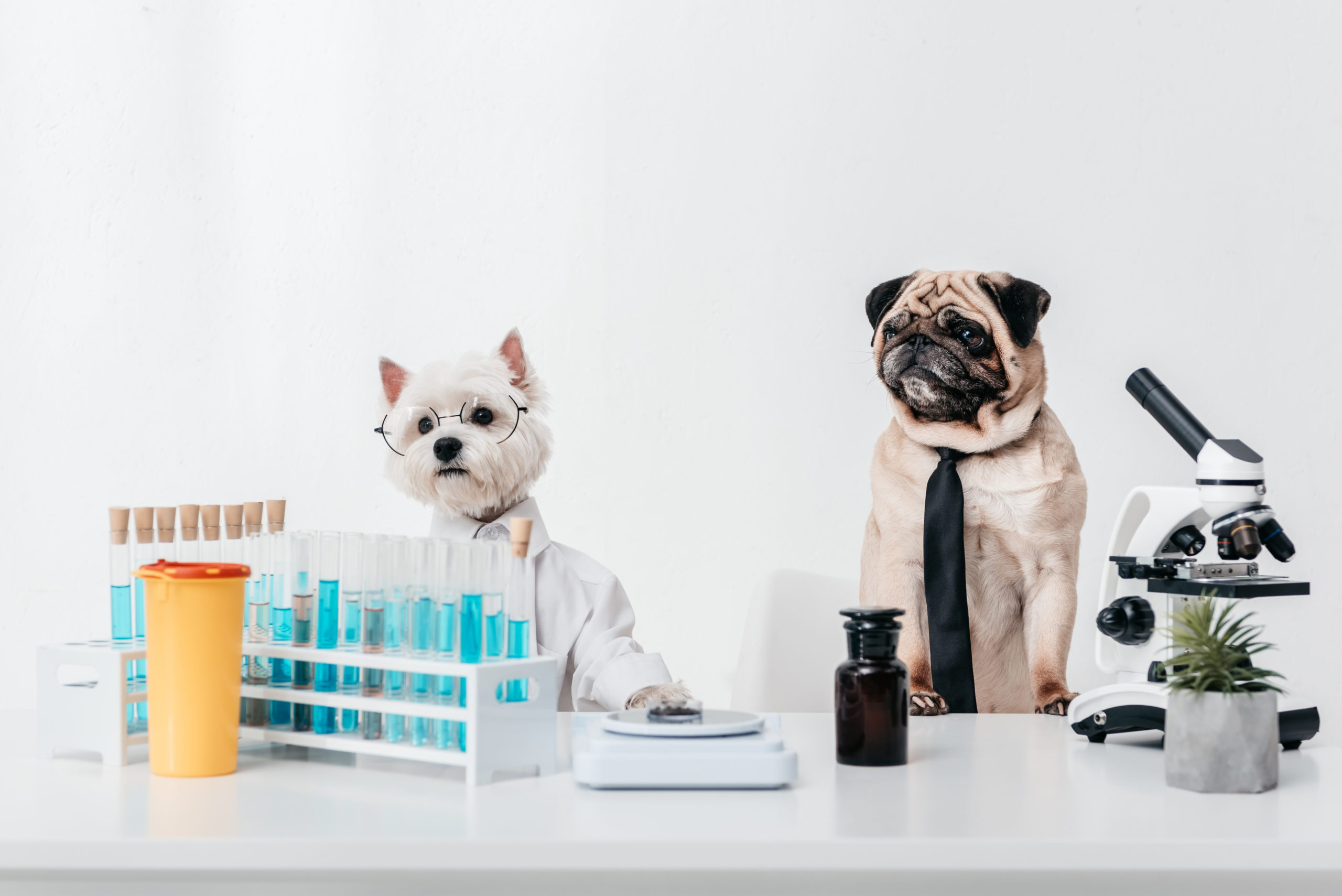Everything You Need to Know About Veterinary Clinical Laboratories in the United States Explained
Everything You Need to Know About Veterinary Clinical Laboratories in the United States Explained
Blog Article
Whether it’s routine blood work or advanced diagnostic panels, veterinary labs deliver the data veterinarians need to make informed decisions.
From routine screenings to emergency diagnostics, veterinary labs help uncover hidden health issues, confirm diagnoses, and track treatment progress.
Let’s start by understanding exactly what a veterinary laboratory is and why it’s essential in modern animal healthcare.
Understanding Veterinary Labs
Just like human medical labs, veterinary labs follow strict protocols to ensure accuracy and reliability.
Larger labs may also offer molecular diagnostics, genetic screening, and advanced pathology services.
Regardless of size or setup, these labs play an essential role in helping veterinarians diagnose conditions early, tailor treatments, and monitor recovery effectively.

Common Tests Performed in Veterinary Labs
Routine blood tests, such as complete blood counts (CBC) and blood chemistry panels, provide insights into organ function, immune response, and general wellness.
Advanced labs may also provide molecular diagnostics, including PCR testing for specific pathogens or genetic screenings for hereditary conditions.
Whether a veterinarian is confirming diabetes, diagnosing cancer, or screening for zoonotic diseases, a reliable veterinary lab ensures the right data is available for informed decisions.
How to Find a Veterinary Lab Near You
Start by asking your veterinarian—they often have trusted partnerships with local or national labs and can guide you to the right provider.
Reading reviews and checking for specific services (like 24-hour diagnostics or exotic animal testing) can also help narrow your search.
Choosing the right local lab ensures quick turnaround, reliable results, and peace of mind.

Standard vs. Emergency Veterinary Laboratories
Knowing when to use each type can make a significant difference in urgent cases.
If your pet is facing a life-threatening condition—such as sudden collapse, poisoning, or acute trauma—a 24-hour lab can deliver rapid results needed for immediate treatment.
Discuss with your veterinarian which lab setup best suits your pet’s needs.
Why Veterinary Diagnostics Matter for Your Pet’s Health
Veterinary diagnostics are the backbone of modern animal healthcare.
Blood tests, for example, can detect kidney or liver dysfunction early, allowing for interventions that prolong quality of life.
Ultimately, investing in proper veterinary diagnostics is an investment in your pet’s well-being.
Why a Trusted Veterinary Lab Makes All the Difference
In today’s laboratorio exame veterinario world, ensuring laboratorio de exames veterinarios your pet receives top-quality care means partnering with the right veterinary laboratory.
The combination of expert veterinary care and reliable diagnostics is what keeps pets healthier, longer.
As veterinary medicine continues to evolve, so do the diagnostic tools available to monitor and protect your pet’s health.
FAQ About Veterinary Laboratories
What does a veterinary lab do?
A veterinary diagnostic lab analyzes samples from animals (like blood, urine, or tissue) to detect diseases, monitor health, and guide treatment plans.
Where can I get my pet tested locally?
You can also search online directories or check with veterinary associations to find accredited labs in your area.
When should I use a 24-hour veterinary lab?
Always consult your emergency vet to determine the best course of action.
What types of tests are done in veterinary labs?
These tests help detect infections, organ issues, cancers, and metabolic diseases.
What should I expect to pay for pet diagnostics?
Routine bloodwork may range from $50–$200, while specialized or emergency tests can cost more.
Report this page